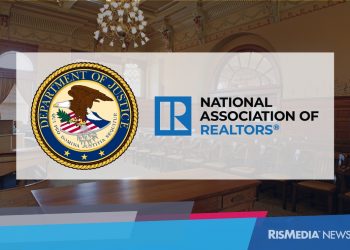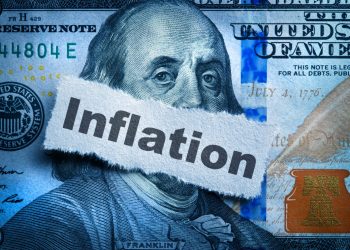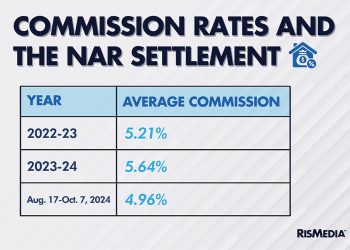The government has handed down a $1 billion penalty to Wells Fargo for abusive consumer practices related to its administering of auto insurance and extensions on mortgage rate locks. In addition to the fine, the bank has been ordered to remediate affected consumers and implement improved practices.
In 2017, Wells Fargo acknowledged it had charged consumers for auto insurance that was unnecessary, which could have caused them to default and lose their vehicles. The bank also charged consumers for mortgage rate locks that had lapsed, even though the bank was to blame for the delays.
The Consumer Financial Protection Bureau (CFPB) and the Office of the Comptroller of the Currency (OCC) announced the settlement on Friday.
“I am especially pleased that we were able to work closely and effectively with our colleagues at the OCC, and I appreciate the key role they played in the negotiations,” said Mick Mulvaney, acting director of the CFPB, in a statement. “As to the terms of the settlement: We have said all along that we will enforce the law. That is what we did here.”
With the announcement, the OCC has collected $500 million from Wells Fargo, which will be credited toward the $1 billion penalty. The bank is adjusting its first quarter earnings as a result, now at $4.7 billion, or 96 cents a share.
“For more than a year and a half, we have made progress on strengthening operational processes, internal controls, compliance and oversight, and delivering on our promise to review all of our practices and make things right for our customers,” said Timothy J. Sloan, CEO and president of Wells Fargo, in a statement. “While we have more work to do, these orders affirm that we share the same priorities with our regulators and that we are committed to working with them as we deliver our commitments with focus, accountability, and transparency. Our customers deserve only the best from Wells Fargo, and we are committed to delivering that.”
Allegations of disreputable practices at Wells Fargo first came to light in 2016, when it was discovered that bank employees were fraudulently opening accounts in consumers’ names. Earlier this year, the Federal Reserve announced it is curbing the bank’s growth until it modifies its practices.
Stay tuned to RISMedia for more developments.
 Suzanne De Vita is RISMedia’s online news editor. Email her your real estate news ideas at sdevita@rismedia.com. For the latest real estate news and trends, bookmark RISMedia.com.
Suzanne De Vita is RISMedia’s online news editor. Email her your real estate news ideas at sdevita@rismedia.com. For the latest real estate news and trends, bookmark RISMedia.com.










